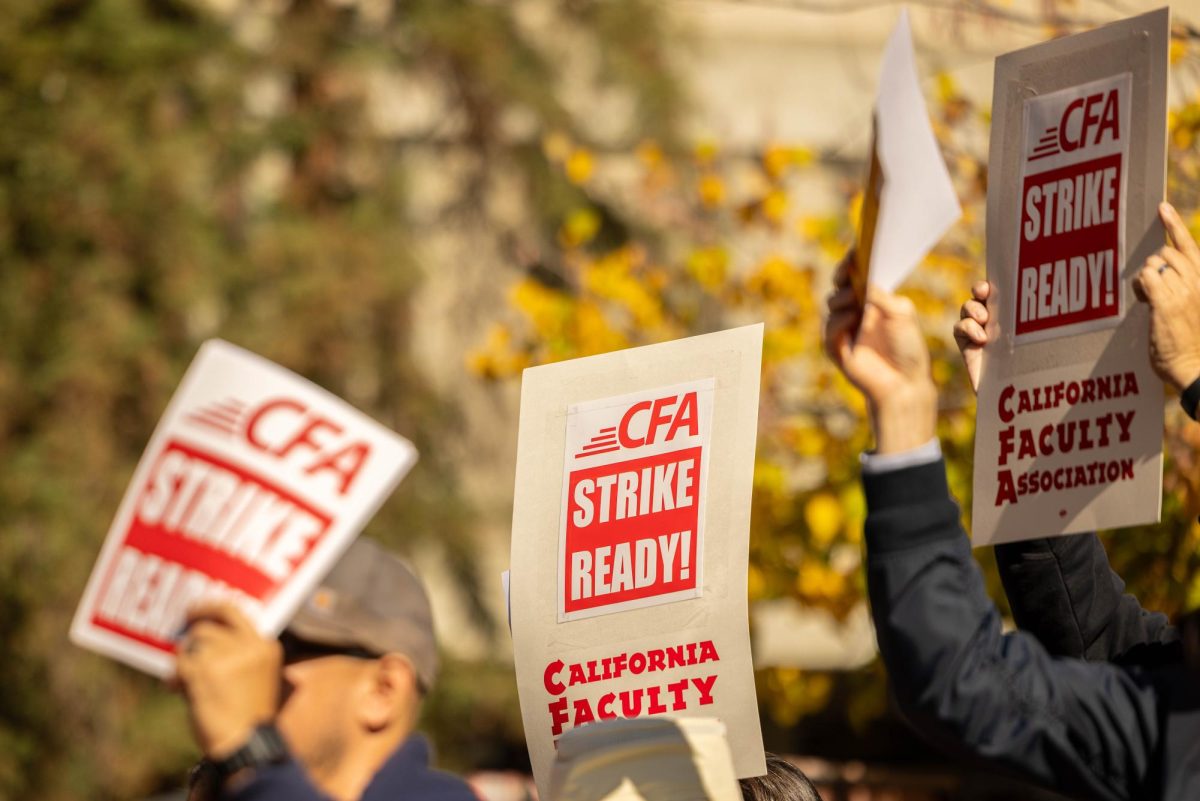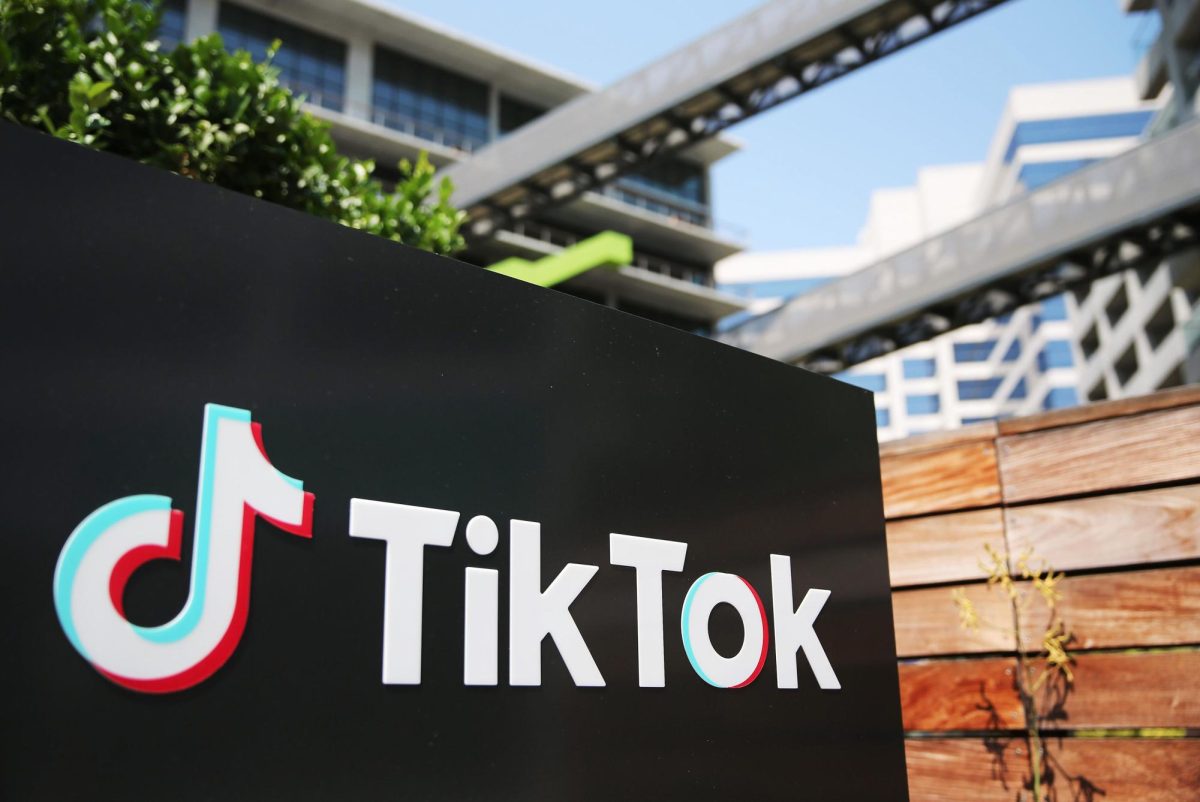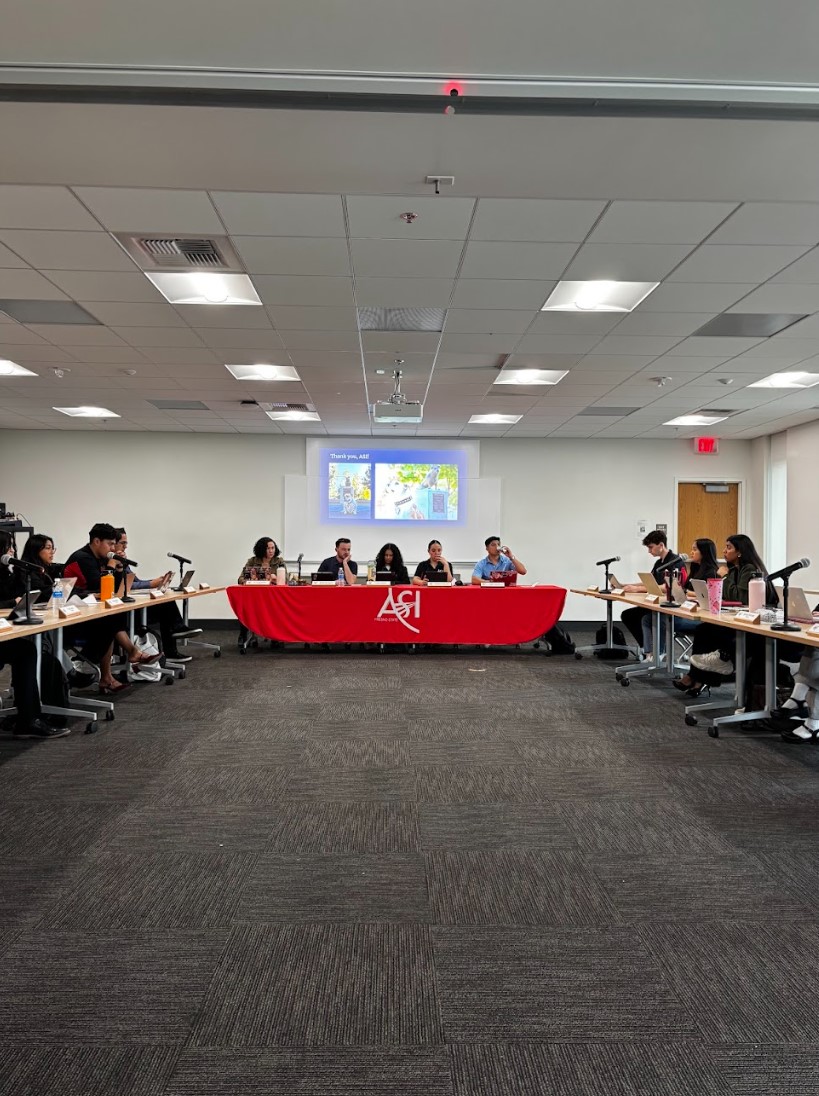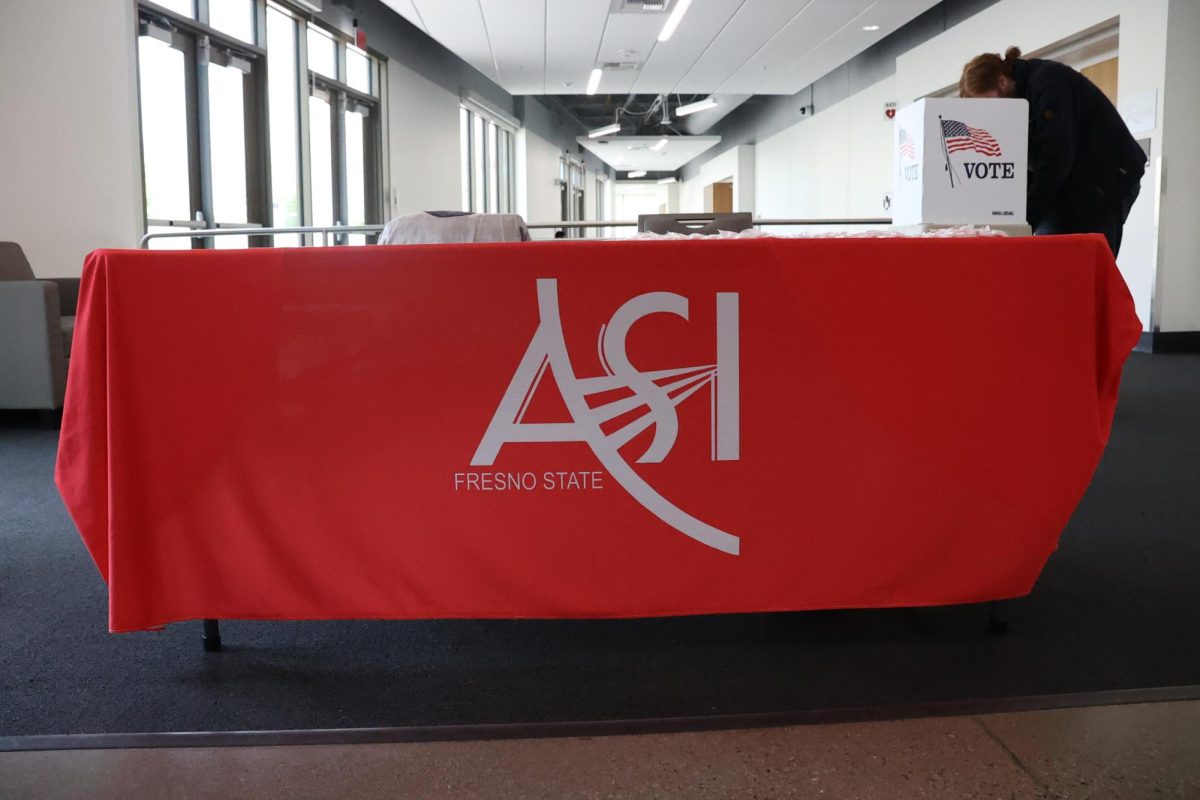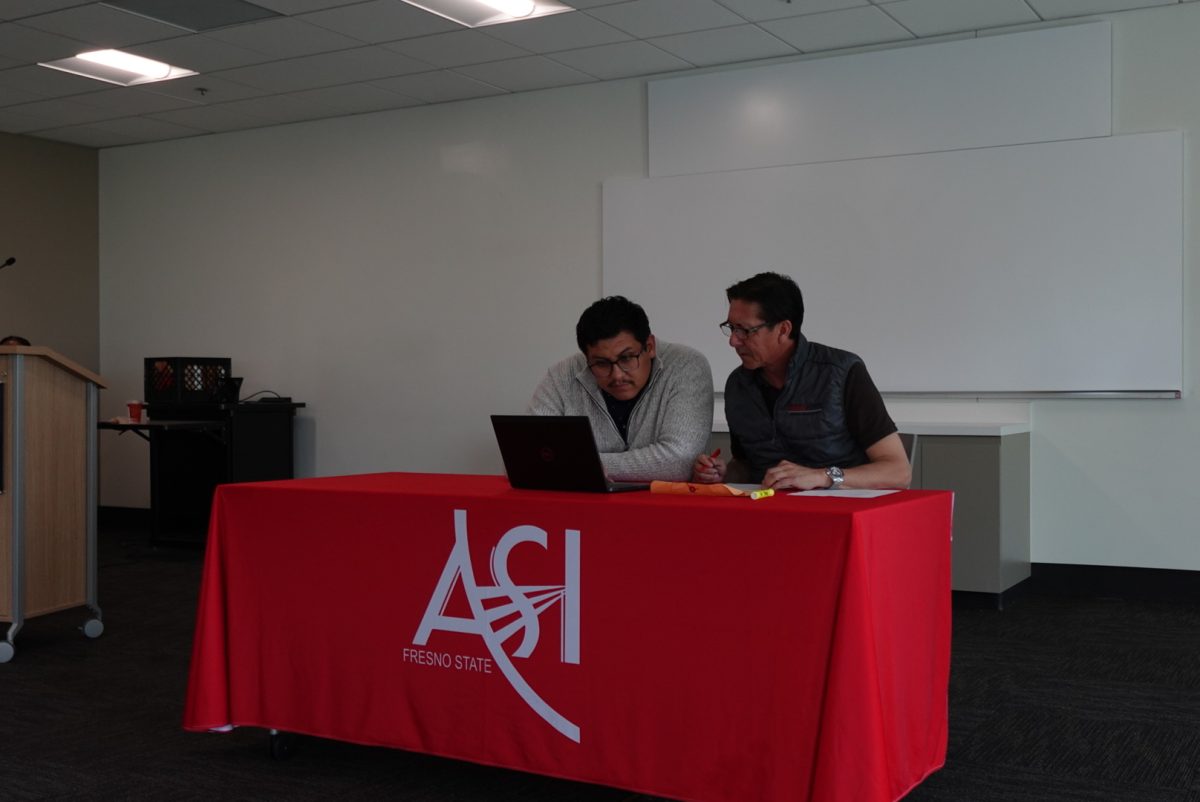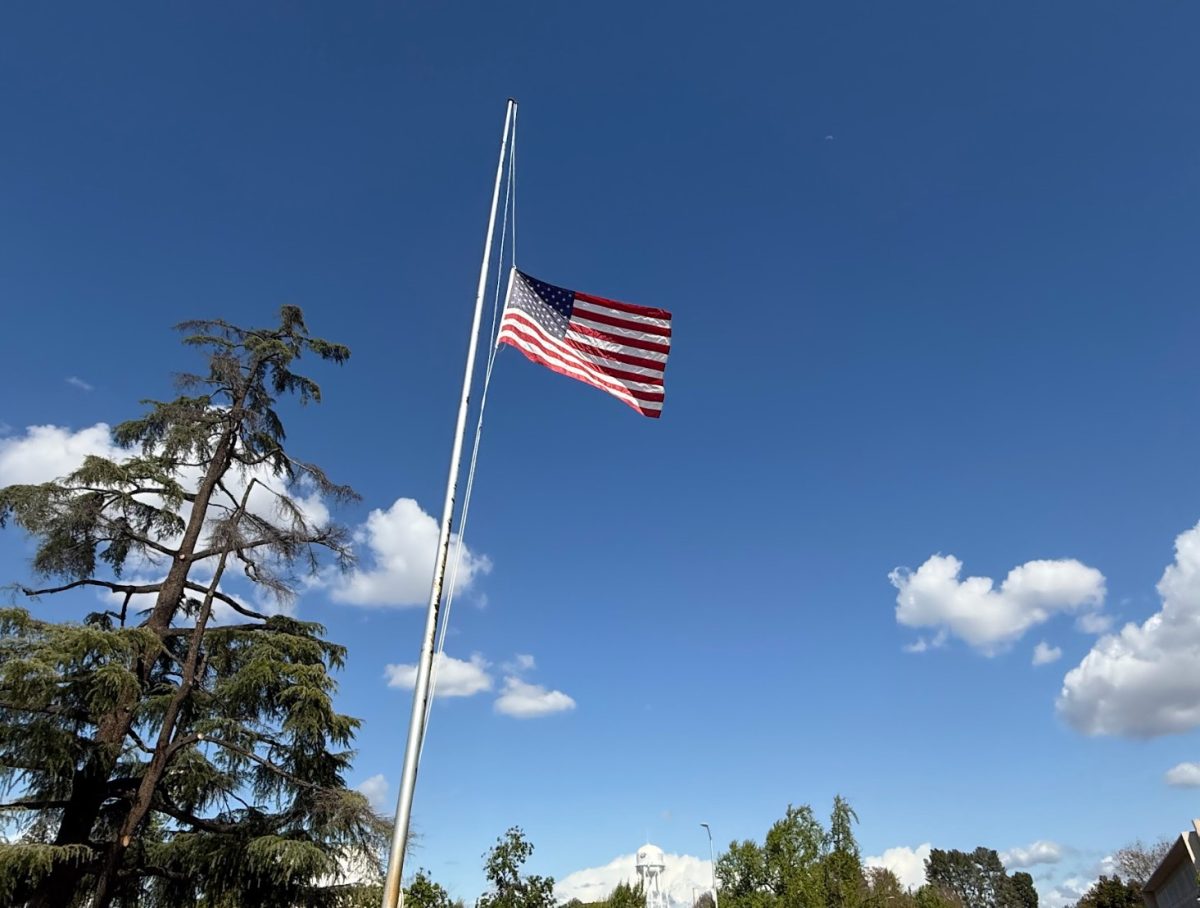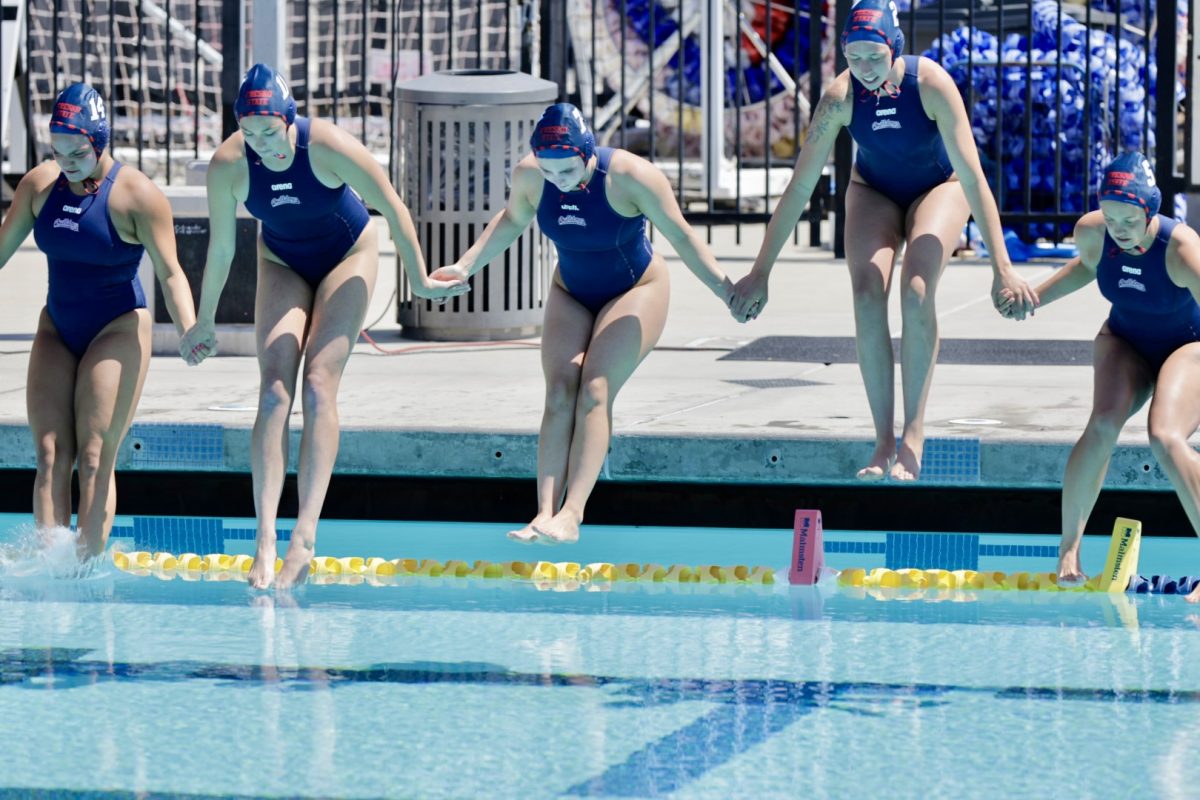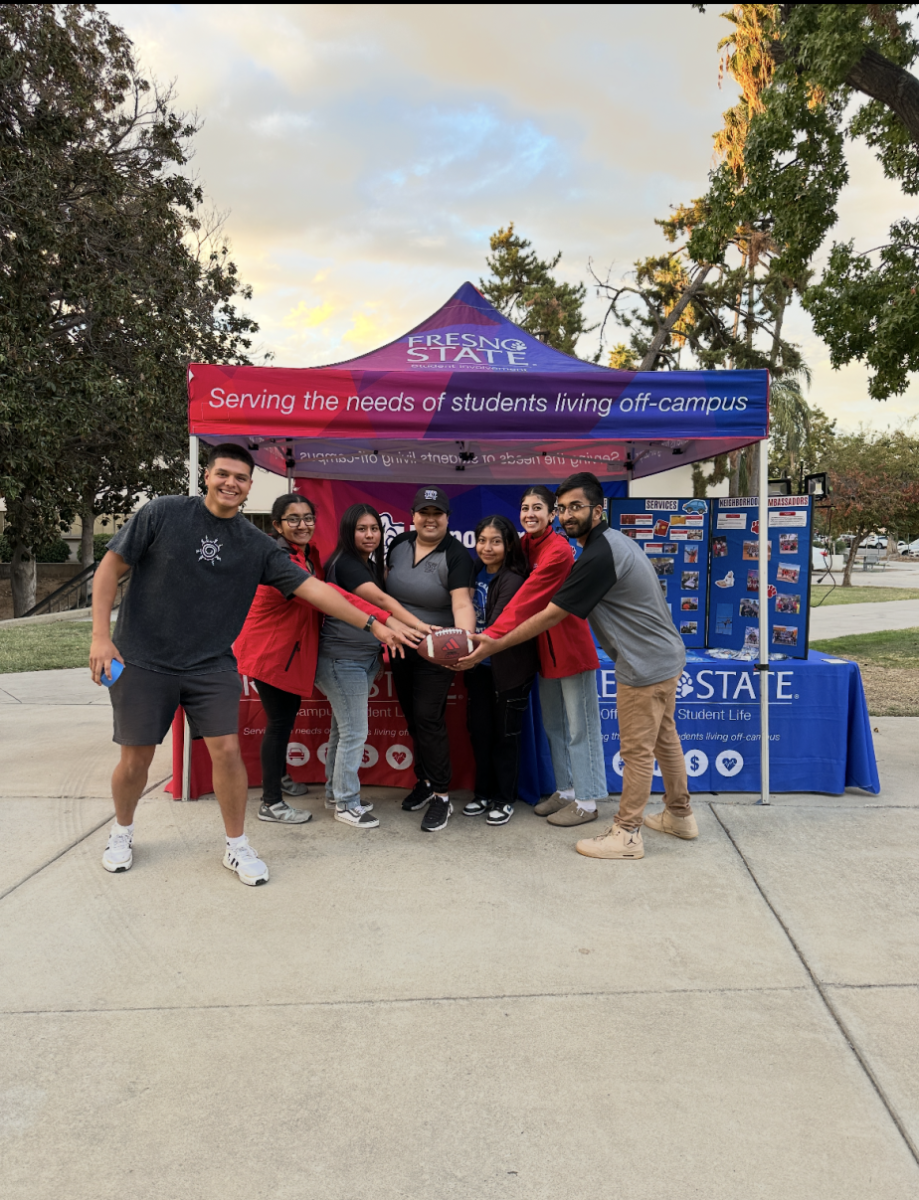Two weeks ago, the California Faculty Association announced a systemwide strike on all 23 California State University campuses. As of Sunday evening, the strike is set to proceed as planned beginning tomorrow, Jan. 22.
Teamsters Local 2010, the union that represents over 1,100 CSU trade-skilled employees, has reached a tentative agreement with the CSU and will no longer be striking in union with the CFA.
“Their ability to get administration to get back to the bargaining table demonstrates the power that we can build with our fellow sibling unions when we stand in solidarity with one another,” said John Beynon, CFA president for the Fresno chapter, in a faculty-wide email.
Picket lines will begin as early as 6 a.m. and run until 5 p.m. Faculty members choosing to strike must withhold their labor beginning Jan. 22 at midnight.
“This will be the largest strike in public higher education history. It is a five-day strike that will take place simultaneously on all 23 CSU campuses,” said Diane Blair, a statewide officer for the CFA and communications professor at Fresno State in an email interview with The Collegian. “I think the strike will be effective in demonstrating the importance of faculty to the core mission of the university.”
Members of the community have questioned the strike’s effectiveness. Traditionally, strikes are held until the demands of the strikers are met. The CFA strike is scheduled to conclude on Friday, Jan. 26.
Blair explained that professors and lecturers are the key to the CSU system because without them the core mission of higher education is impossible.
“But when faculty withhold their labor for five days, the core mission of the university stops,” Blair said. “The strike will demonstrate the centrality of faculty to the university’s core mission. We deserve rights, respect and justice in a fair contract.”
The faculty union is moving forward with their strike because the CSU has not met their demand of a 12% general salary increase (GSI). The CSU is offering a 5% increase, effective Jan. 31 and walked away from further negotiations.
“Unquestionably, they deserve an increase,” said Mildred García, CSU chancellor, in a press conference on Jan. 19. “We are committed to compensating employees fairly. But we are and must be equally committed to the long term stability and success of the CSU which means we must be fiscally prudent.”
Leora Freedman, CSU vice chancellor for human resources, said the CFA’s demands would lead to severe consequences and budget cuts.
“If we were to agree to the increases that these unions are demanding, we would have to make severe cuts to programs,” Freedman said in the press conference. “We would have to lay off employees; this would jeopardize our educational mission and cause hardship to many employees.”
The CSU is willing to return to the bargaining table, officials said, but only if the CFA lowers their demand of a 12% GSI.
“We are ready and willing to come back to the bargaining table with the California Faculty Association. But we must work within our financial realities,” García said.
The union’s GSI demand would cost the CSU approximately $380 million in the first year, which is $150 million more than the CSU’s entire funding increase, according to Freedman.
The CSU has a budget for reserve fundings each academic year and there is a disagreement about how the funds can be used. According to the CSU, the reserves are emergency funds that are not to be used for individual salaries.
“The CSU has a total of $2.5 billion in reserves of that amount, all but $766 million is committed for specific, necessary and critical campus obligations,” Freedman said. “The remaining reserves of $766 million that are not committed for specific critical obligations are needed to respond to manage emergencies and incidents such as earthquakes or wildfires and to maintain safe operations on our campuses.”
The CSU has agreed to other of the CFA’s demands including more paid parental leave. The biggest issue that remains is the money.
“The CSU has offered to accept 13 of the independent factfinder’s 15 recommendations. This includes the factfinder’s comments on paid leave, department chair pay, gender-inclusive restrooms, and counselors and other key items,” said Hazel Kelly, CSU manager for strategic communications and public affairs in an email interview with The Collegian.
There is still a possibility that the CFA strike may end early if an agreement is reached between the two parties. Currently, there are no changes to the academic calendar, and the strike will not interfere with a student’s ability to graduate as planned.
CSU campuses will remain open and accessible for the duration of the strike.
However, CFA members are determined to fight until they are satisfied with an agreement that meets their demands. Additional measures will be taken if the strike does not end in their favor, according to Blair.
“I think people understand that faculty working conditions are student learning conditions,” Blair said. “I think people, when they learn about our proposals, which include advocating for more mental health counselors on our campuses, sustainable workloads, improved parental leave and campuses that are safe and accessible for everyone, they recognize that we are fighting for a better CSU and for the quality education our students deserve.”




